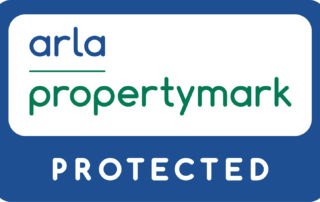It’s not just birds, bees and butterflies that come out in force in summer – unfortunately, burglars step up their activity, too.
With many people going away on holiday (leaving homes empty) and others opening their windows and doors when temperatures rise, burglary rates spike in summer.
So, how can tenants and landlords stay one step ahead of the crooks and avoid the financial and psychological cost of a break-in? The answer is to be vigilant and work together.
Tips for tenants
- Always check that you’ve locked all windows and doors before leaving home.
- If the property has an alarm, use it.
- Don’t leave expensive items such as laptops on show near windows where passers-by can see them.
- Keep the front of the property tidy. Messy bins and piles of junk mail send the message that no one’s home.
- If you’re going away for more than 14 days, you may need to notify your landlord (check the details of your contract).
- Before you go away, set a few lights on timer switches so the property looks lived in.
- Keep sheds, garages and back gates locked. Often, burglars travel empty-handed to avoid suspicion and use tools they find in sheds and garages to break in.
- Take out contents insurance.
Tips for landlords
- It’s your legal responsibility to provide a safe and secure property, so make sure all doors and windows lock. This includes locks on sheds and garages.
- Consider installing security measures such as deadbolts, door chains, peepholes, motion sensor lights, video camera doorbells and alarms.
- Keep trees well-pruned so they don’t provide cover for burglars.
- Check your comprehensive landlord insurance is up to date. Schedule in your diary when it’s due for renewal.
- Consider spreading gravel/pebbles at the front of your house and installing a gate. Anything that makes a noise when you enter a property can put burglars off.
And if the worst happens
In the unfortunate event of a burglary, the tenant should call the police and then the landlord or letting agent.
The landlord should act swiftly to secure the property and repair any damage.
When dealing with the aftermath of a burglary, always refer to the contract you’ve signed.
Generally*, the landlord is responsible for repairing damage to the building, such as broken windows or doors, and replacing items included in the property agreement (unless it can be shown the tenant was negligent).
The tenant should claim for the loss of personal items on their insurance.
Contact us here at myhouse Agents today to learn about our property management services.
*Disclaimer
The contents of this article should be used as a general guide and do not constitute legal advice.
Sign up to our newsletter to receive the very latest information.















